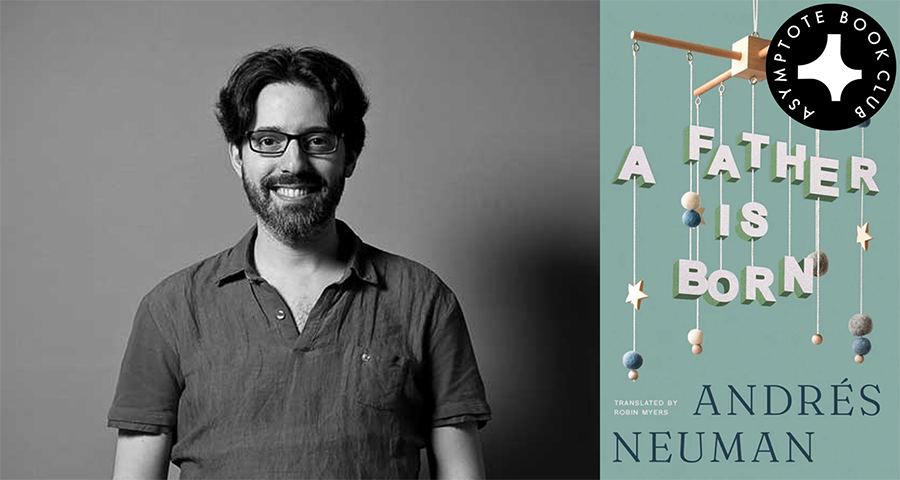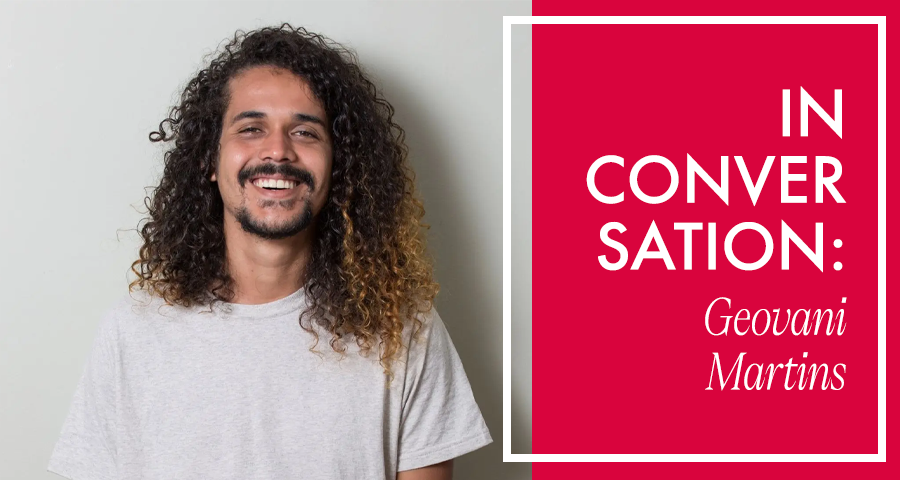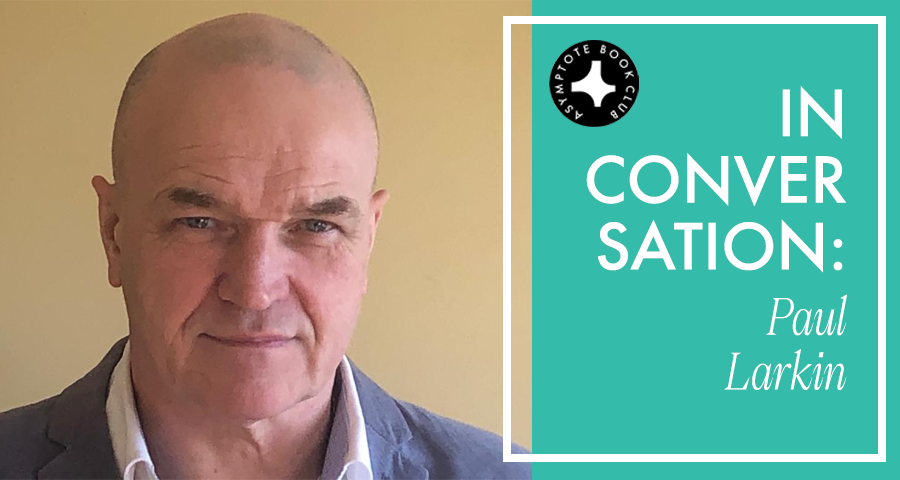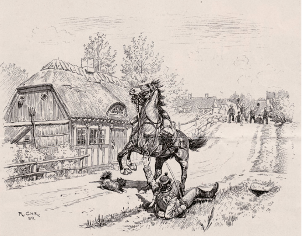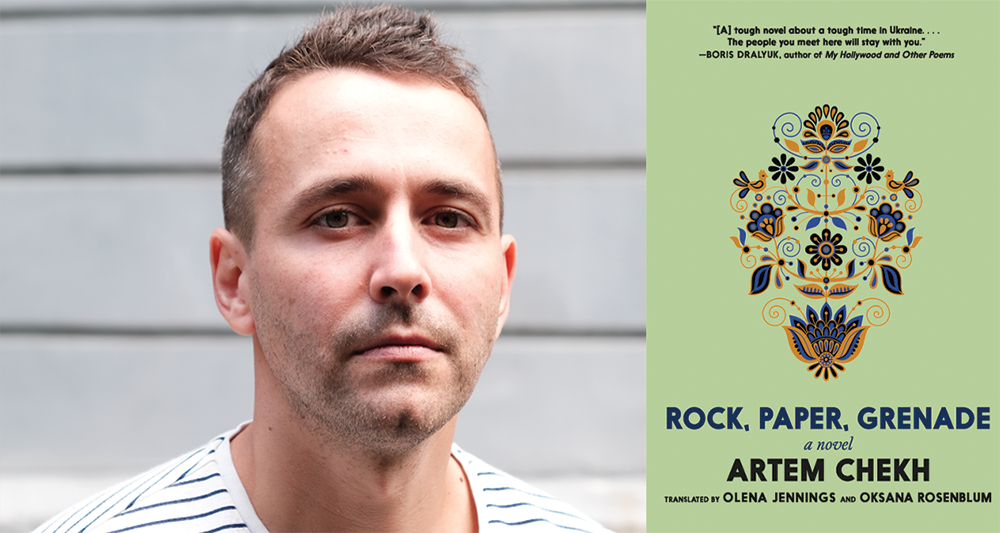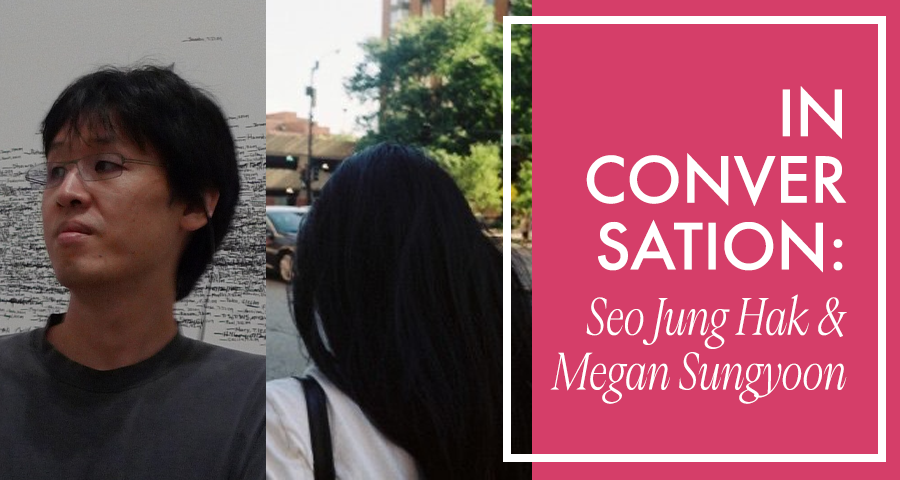From Chicago to Warsaw is 7,559 km—a long way to travel for the dead. But that is what the protagonist of this Polish novel by Agnieszka Jelonek must do: her boyfriend, Shrimp, has just fallen to his death. To the tragicomic circumstances of his demise—the indefatigable Shrimp accidentally fallen from an open window trying to smoke a cigarette—are now added the bizarre indignities of life as an unwilling and unwelcome traveller, from an odious Polish couple who have assimilated into American life to the hostile bureaucracies of the hospital and the crematorium, capped off by the unexpected appearance of Shrimp’s “other” girlfriend. Translator Nasim Luczaj writes: “Jelonek’s style is a tequila shot. There’s salt, there’s lime, there’s at once delicious and painful heat. The main challenge was to preserve the simplicity of the writing and not succumb to the temptation to ‘clean up’ the frequent repetition or enforce any of the cold elegance often associated with reminiscence—this grief is messy and hot.” Read on!
There’s no difference between a November afternoon and a November night. The car journey lasted six hours. No one said a word, no one cried. Shrimp’s Dad held on to the steering wheel, while his other son kept himself glued to the window. We looked out at the A7, and no one wanted to be in that car, everyone would have preferred somewhere else, anywhere but here. None of us accepted what we’d been told. The information rode with us as a separate passenger, and it, too, stared quietly into the dark.
We parked in front of the tenement and waited in silence for some time. A woman’s shadow passed across the building. Women in Shrimp’s family are slight, girlishly built, and always look younger than they actually are. A hunched, frail aunt wrapped up in her coat got in the car and turned towards us as if to speak but seemed unable to come up with anything.




